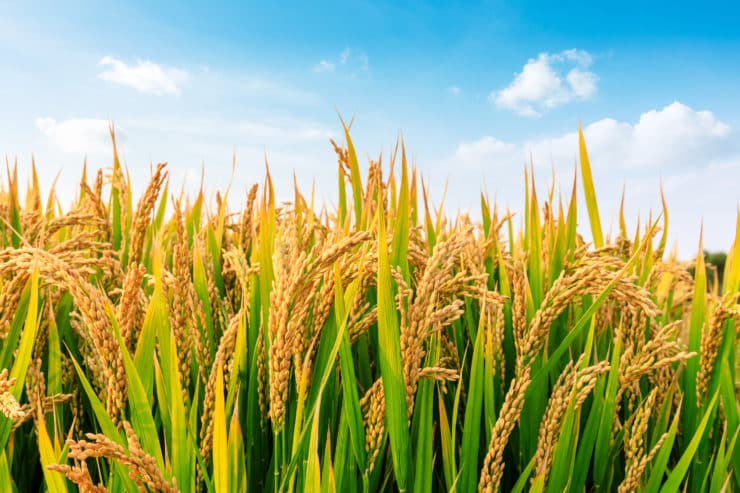FAQ
Similar to the StarLink debacle that plagued U.S. corn farmers in 2000, in August 2006, the U.S. Secretary of Agriculture announced that Liberty Link Rice (LLRICE) 601, a genetically-modified rice developed by Bayer CropScience, had been detected in the U.S. rice supply. LLRICE had not yet been licensed by the Federal government for the growing of commercial rice.
The news swiftly led to the European Union, Japan, South Korea, and other overseas buyers of U.S. rice placing embargoes on American rice, or requiring expensive testing before they would accept shipments of U.S. rice, and the resulting collapse of the export market for U.S. rice and a sharp decline in the market price of U.S. rice.
To complicate problems with the LLRICE, just a few months later, in March 2007, CL 131 rice seed, a non-genetically-modified rice seed created and marketed by BASF and designed to combat ‘red rice’ weed problems’ was found to have been contaminated by LLRICE 604, another of Bayer’s genetically-modified rice seeds.
Seeger Weiss LLP served as a member Plaintiffs’ Executive Committee, for lawsuits against Bayer CropScience and foreign affiliates. The lawsuits against Bayer resulted in a nationwide settlement of $750 million for rice producers in the U.S.
Liberty Link LLRICE 601 & 604 GMO Rice Lawsuit
Liberty Link Rice or “LLRICE” is a genetically modified rice type that was developed by Bayer CropScience, a subsidiary of Bayer AG, which had purchased Aventis CropScience in the wake of the StarLink GMO Corn incident. One type LLRICE 601 was found to have contaminated the U.S. rice supply in 2006, even though it had not been approved for human consumption.
Many countries including Japan and members of the European Union have banned genetically modified food and thousands of rice farmers in the U.S. were unable to sell their crops and faced severe financial losses when embargos were placed on American rice.
To complicate matters, shortly thereafter, a similar strain, LLRICE 604 was found to have contaminated a non-GMO crop known as CL 131 which had been developed by BASF to combat weed problems. This led to a further reduction in viability of the U.S. rice market.
Over 400 lawsuits representing 11,000 farmer-plaintiffs were filed against Bayer CropScience, its parent company Bayer AG and several affiliates. Plaintiffs were seeking damages which represented the loss in value of their rice crops due to the improper handling and distribution of LLRICE 601 and 604, as well as to recover the costs of decontaminating their farmland, farming equipment, storage facilities, and transportation equipment damages; and the costs of testing or other measures need to maintain and ensure the purity and integrity of their rice crops.
The Judicial Panel on Multidistrict Litigation centralized the cases in the U.S. District Court in St. Louis and appointed a Plaintiff’s Executive Committee which included lawyers from Seeger Weiss LLP to guide the multidistrict litigation through the court system.
The case was certified to include farmers from five statewide classes covering U.S. long-grain rice producers in Arkansas, Louisiana, Mississippi, Missouri, and Texas. The cases were settled after several bellwether cases were tried, awarding individual between $500 thousand and $2 million each.
Farmers who were eligible to participate were offered settlements of up to $310 per acre of losses covering the years 2006 to 2010 and varying amounts for lesser years, along with other settlements. The total nationwide amount expected to be paid was approximately $750 million.
Seeger Weiss LLP has been successful at helping both individual and commercial clients seek fair compensation and justice in a number of practice areas including commercial litigation.
